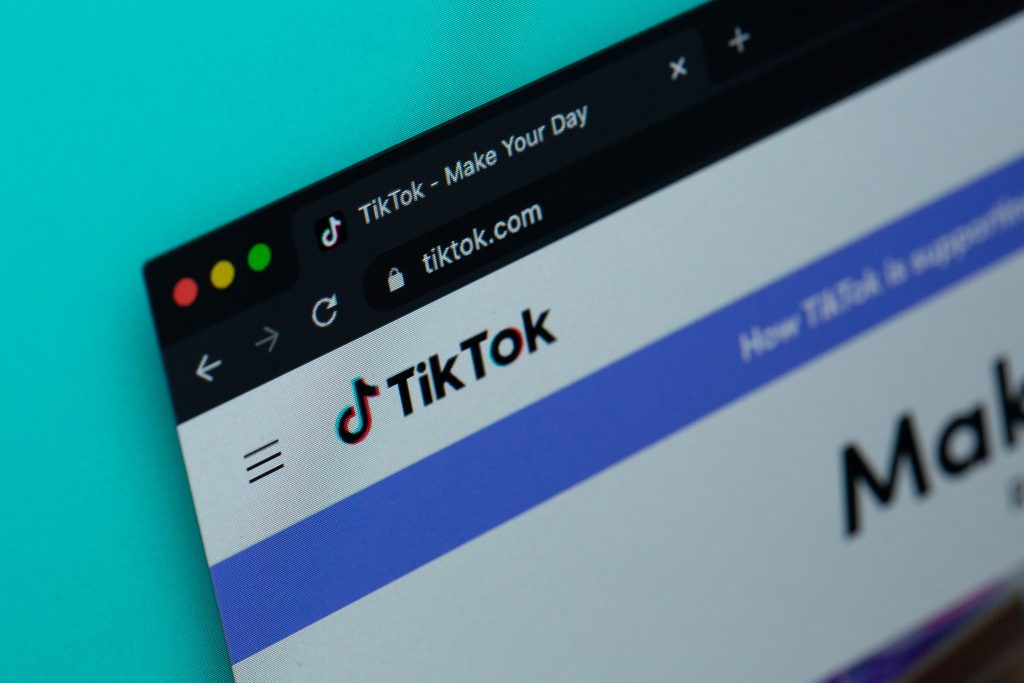All it took was a comment by a Google executive at a technology conference and an article in the New York Times reporting a few scattered testimonials to position TikTok as the “search engine of Generation Y”. Is that really what it’s all about?
Let’s start from the beginning.
On July 12, Prabhakar Raghavan, senior vice president at Google, gave a public interview at the Brainstorm Tech 2022 conference. And he stated this:
In our research, almost 40% of young people, when they’re looking for a place to eat dinner, don’t go to Google Maps or Search anymore. They go to TikTok or Instagram.”
Subsequently, the New York Times investigated the issue, talking to young adults who, indeed, use the platform to discover new “snacks” but also to find new recipes to cook, movies to watch, artists to listen. While concluding, by the title of his article published in September, that TikTok was “the new search engine of generation Z”.

A trend put to the test
Faced with the announced trend, journalists and techno commentators rushed to test the hypothesis, also trying to see if TikTok could be considered as a search engine in the broadest sense, for the whole population.
From a journalistic point of view, the platform quickly met its limits. In September, the site NewsGuard reviewed samples of search results on news topics to find that 20 percent of the videos featured misinformation on a variety of topics, including vaccines, the 2020 U.S. elections or the war in Ukraine.
David Pierce of The Verge chose to systematically use the Chinese platform for all his Internet searches. His conclusion: yes, TikTok offers an impressive variety of thematic content on certain topics, but no, it’s virtually impossible to find factual answers to simple questions, such as finding the address of a restaurant or the year an artist was born.
Food searches, in general, are a real strength of TikTok, he says. It’s a great tool for finding a recipe, especially one that’s simple; a search for a recipe to make chocolate cookies led me to a feed of every conceivable variation of that type of recipe,” he says.
TikTok also acts as a content curator. When asked “what to watch” or “what to listen”, one can find an endless list of videos of people telling us their top 5 movies, shows, albums, songs, etc.
None of the search results I got were personalized or gave the impression of understanding my tastes, and yet I got some good ideas of things to listen to. And it was more enjoyable than scrolling through Netflix [movie or series] posters or scouring Google results.”
Yes, TikTok has diversified its content, and yes, brands should be interested in it
What’s true, and what you have to give TikTok credit for, is that the Chinese platform has indeed diversified its video library. Content creators from all sorts of backgrounds, ranging from job hunting, to gastronomy, to auto mechanics, have invested the platform to showcase their expertise.
Brands should therefore familiarize themselves with the platform, understand its codes and finally be seen on it, if they want to reach the famous generation Z!




